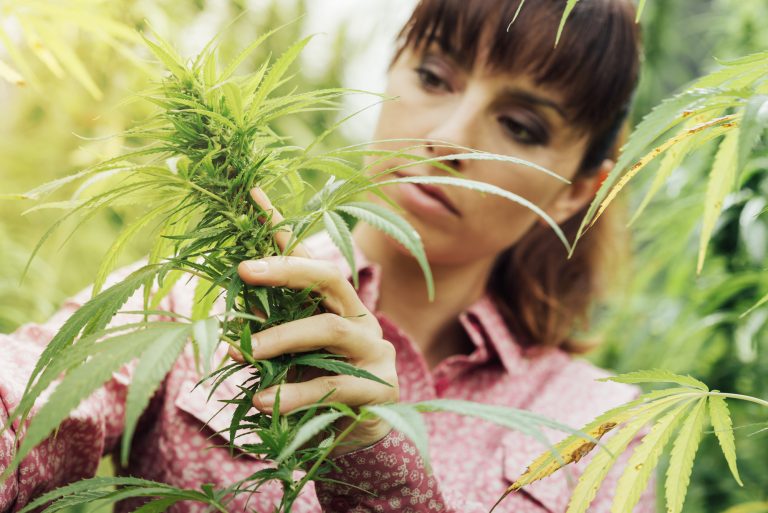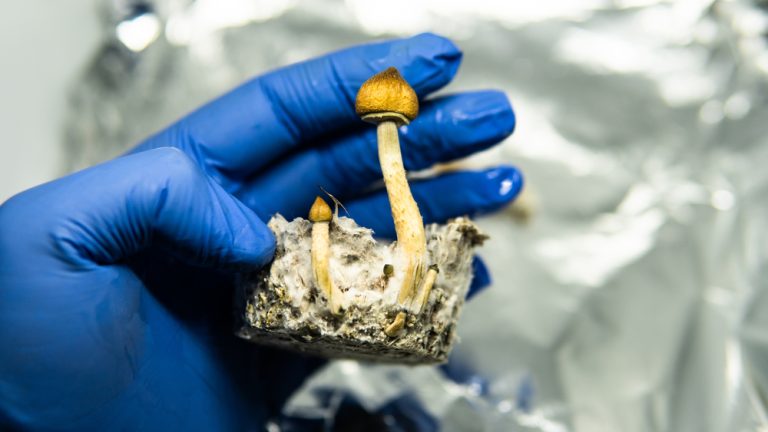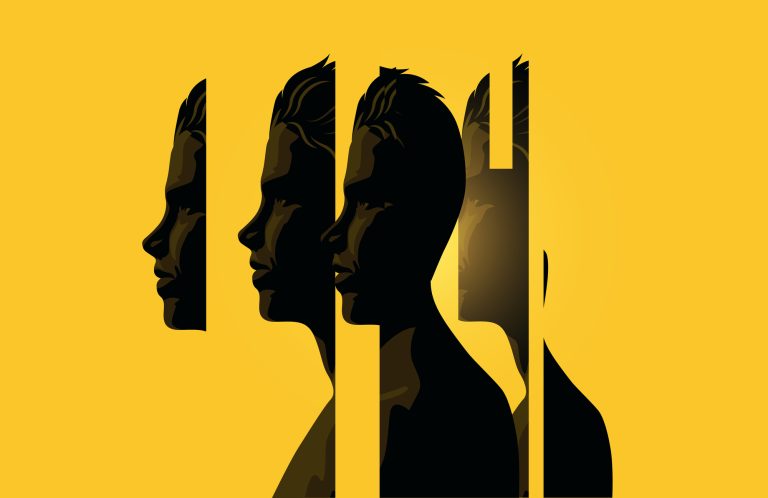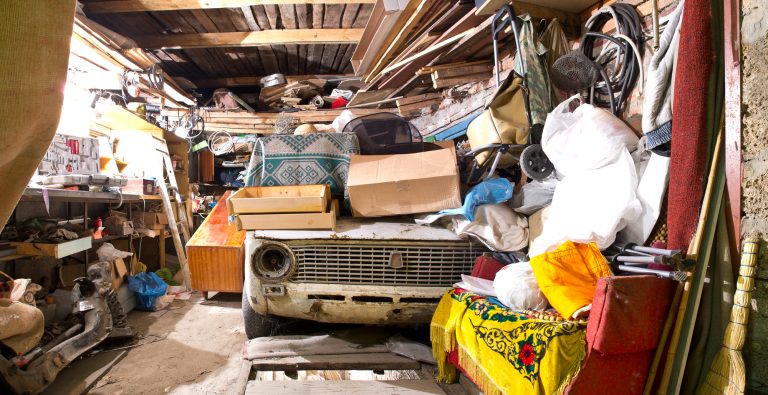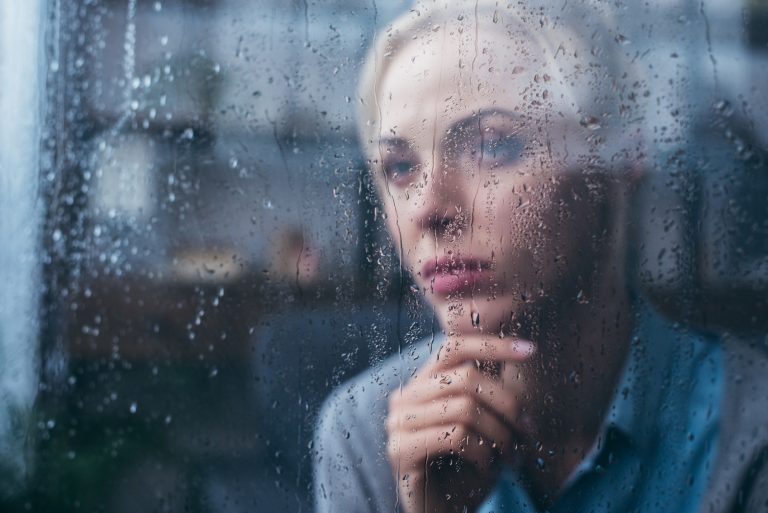Isolation and loneliness can have a terrible effect on a person’s health. They contribute to more hospital visits, dementia, anxiety and depression. Fully one-third of adults state they are feeling increased isolation and loneliness, according to the Kaiser Family Foundation.
In fact, just today US surgeon general, Vivek Murthy, issued a report on loneliness and isolation, urging people and public officials to consider them with the same seriousness as drug use, smoking and obesity. Murthy also states that the health risks associated with loneliness and isolation, which started to rise in the 1970s, continue to surge, and now impact half of all Americans.
Between 2003 and 2020, the amount of time that people spent on their own jumped by 24 hours a month, while hours in the physical company of friends in person dropped by 10 hours a month. People need to take the risks associated with such loneliness and isolation seriously and take active steps to combat it, such as joining and spending time with local organizations that interest them, such as clubs, sports teams and religious institutions. They should also keep in mind that the company they keep should strike a balance between quality and quantity.

